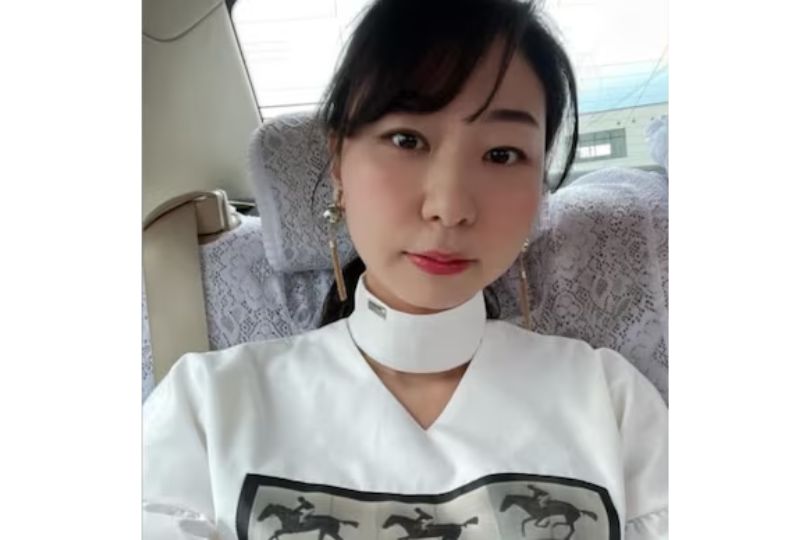Award-winning Japanese Author Discloses that she Utilised ChatGPT to Create her Work
Discover how award-winning Japanese author Rie Kudan utilized AI with ChatGPT to craft her acclaimed novel 'The Tokyo Tower of Sympathy'.on Jan 29, 2024

Acclaimed Japanese author Rie Kudan credits AI chatbot ChatGPT with helping her write her award-winning novel, 'The Tokyo Tower of Sympathy'.
When used properly, ChatGPT can help you achieve significant success in the literary world. However, you may be wondering if it is appropriate for generating something as distinctive as a fiction piece, especially if you are already a well-established author. It's a contentious issue, but a Japanese woman who recently won an award for her writing appears to have no reservations about utilising ChatGPT to write a book. And really, why should she? After all, the AI chatbot is helping her win an award for her efforts.
Rie Kudan, an author, received one of Japan's most prestigious literary honours for her work "The Tokyo Tower of Sympathy". In her award speech, she openly revealed that artificial intelligence played a significant part in shaping her work."I plan to continue to profit from the use of AI in the writing of my novels, while letting my creativity express itself to the fullest," Kudan, 33, said in a statement. According to CNN, she won the Akutagawa Prize for finest work of fiction.
Kudan also revealed that approximately 5% of her novel "The Tokyo Tower of Sympathy" was word for word generated by AI. Interestingly, the novel has AI as a theme. The author also stated that she consults ChatGPT concerning matters she does not feel comfortable discussing with others. "When the AI did not say what I expected," she went on to remark, "I sometimes reflected my feelings in the lines of the main character."
Keiichiro Hirano, an author and member of the prize committee, stated on X (previously known as Twitter) that the committee did not consider Rie Kudan's usage of AI to be a concern. Hirano clarified, "It appears there is a misconception about Rie Kudan's award-winning work being composed with generative AI... If you read it, you will see that generative AI is discussed in the paper. While there may be future worries regarding this type of utilisation, that is not the case with 'Tokyo Sympathy Tower.'"
On the other hand, prominent authors including George R. R. Martin, Jodi Picoult, and John Grisham filed a class action lawsuit against OpenAI, the firm behind ChatGPT, last year. They claimed that OpenAI used copyrighted content to train its systems, resulting in more human-like replies.
Over 10,000 authors signed an open letter, including prominent names like James Patterson, Roxane Gay, and Margaret Atwood. In the letter, they asked AI industry leaders to get author agreement before using their work to train large language models. They also argued for appropriate recompense for writers whose work contributes to these frameworks.

.jpg)
.jpg)
.jpg)
.jpg)
.jpg)

.jpg)
.jpg)
.jpg)
.jpg)
.jpg)


.jpg)
.jpg)
_(1).jpg)










Sorry! No comment found for this post.